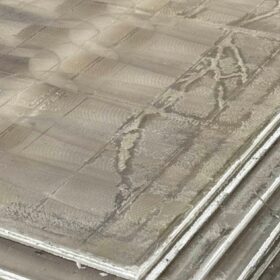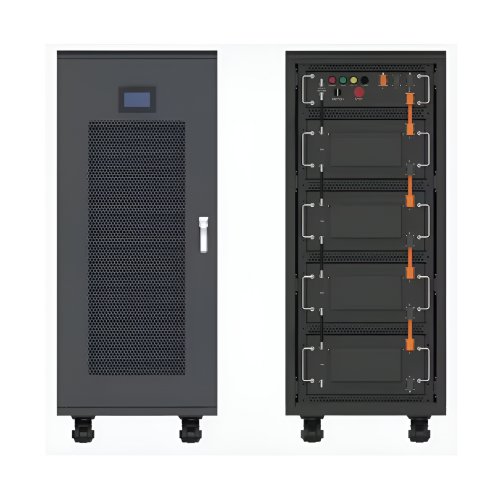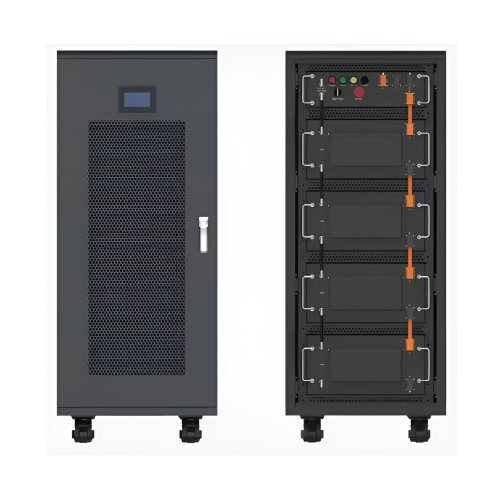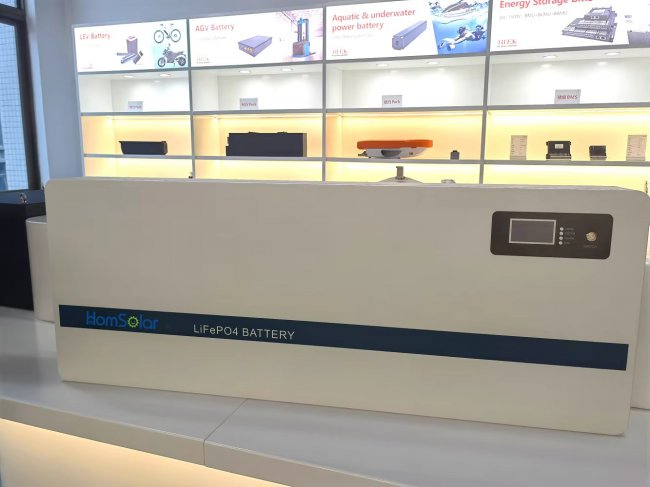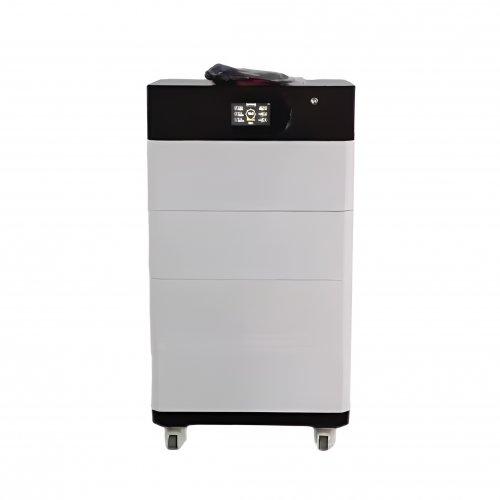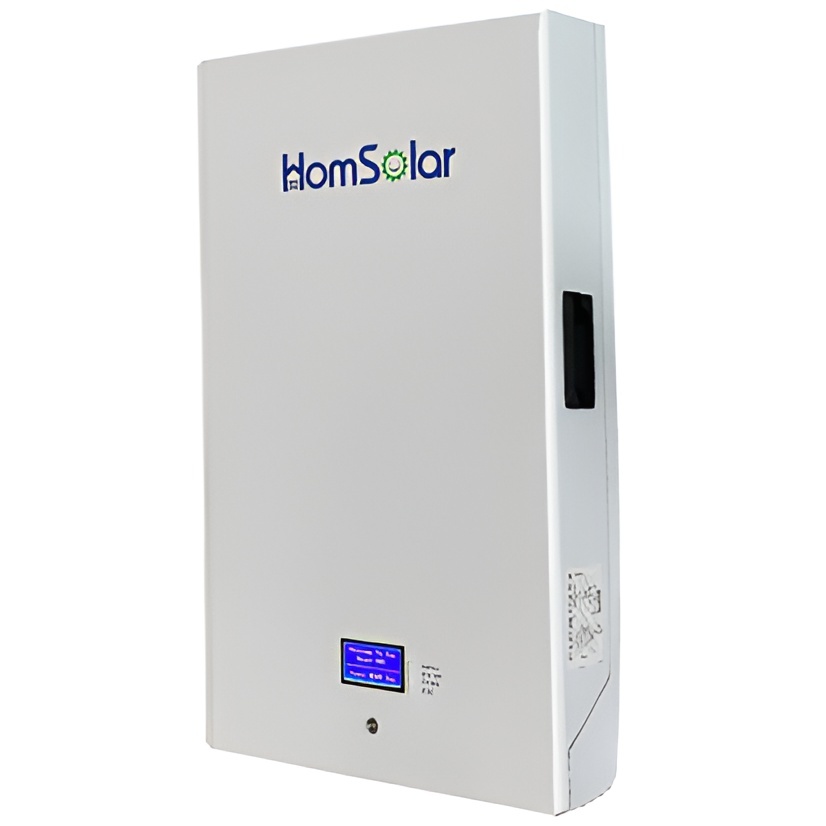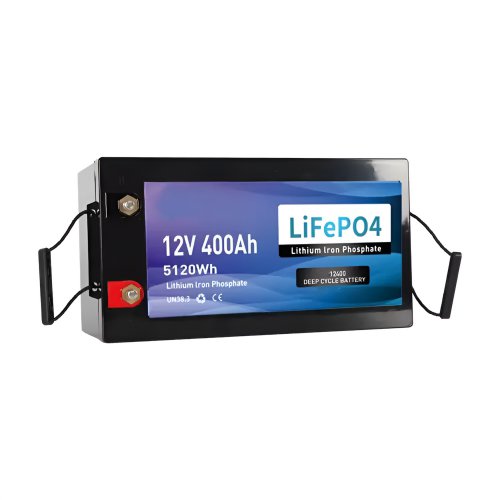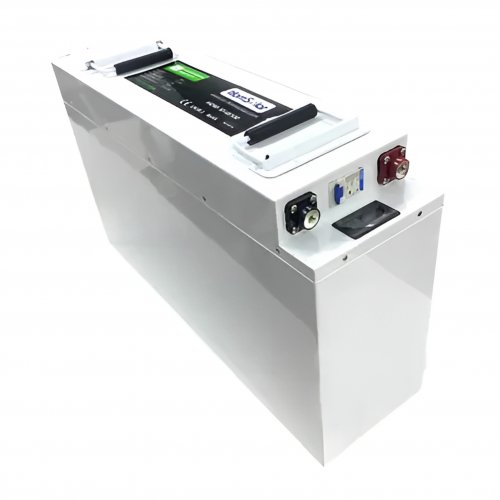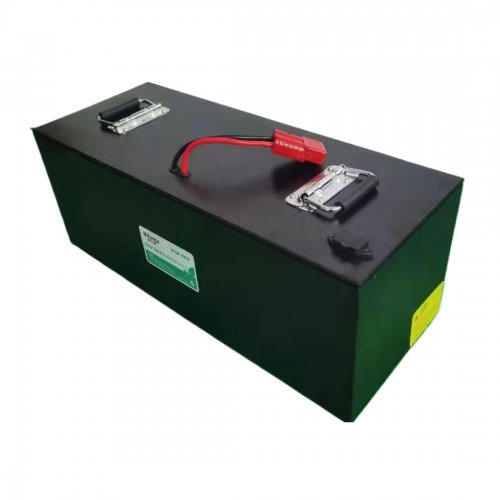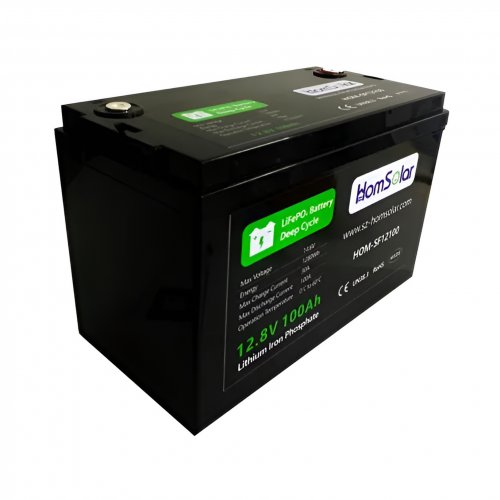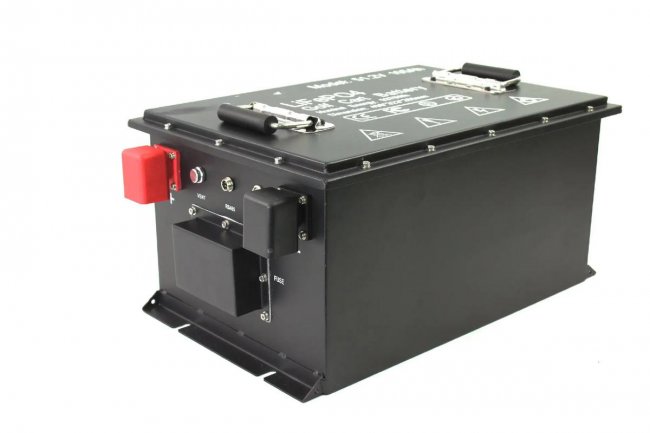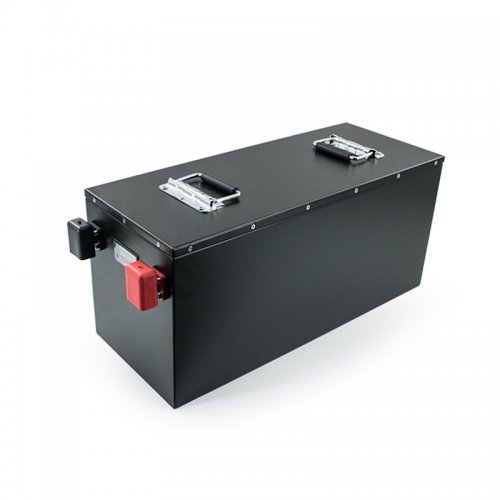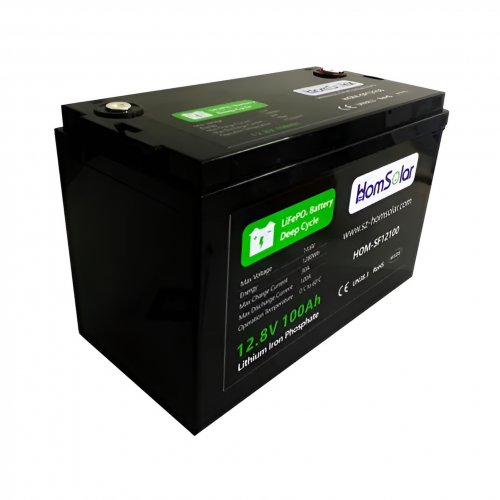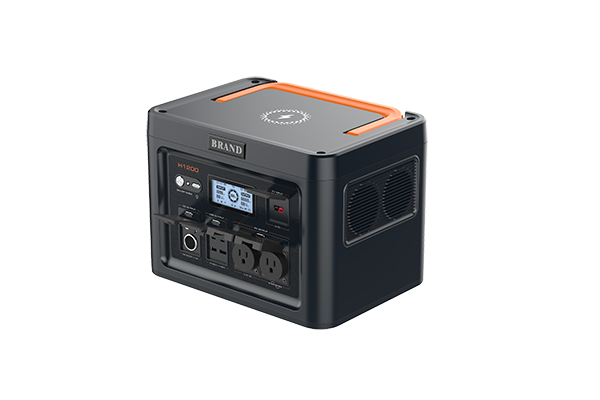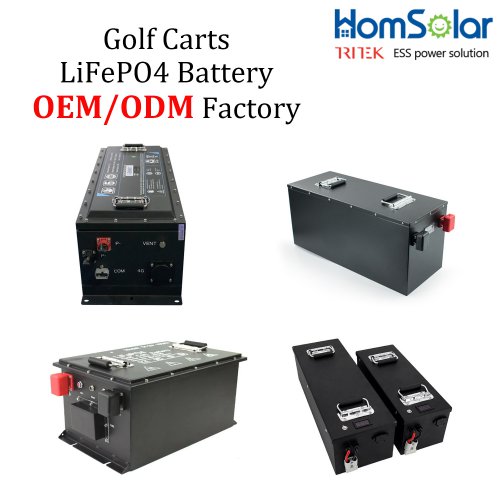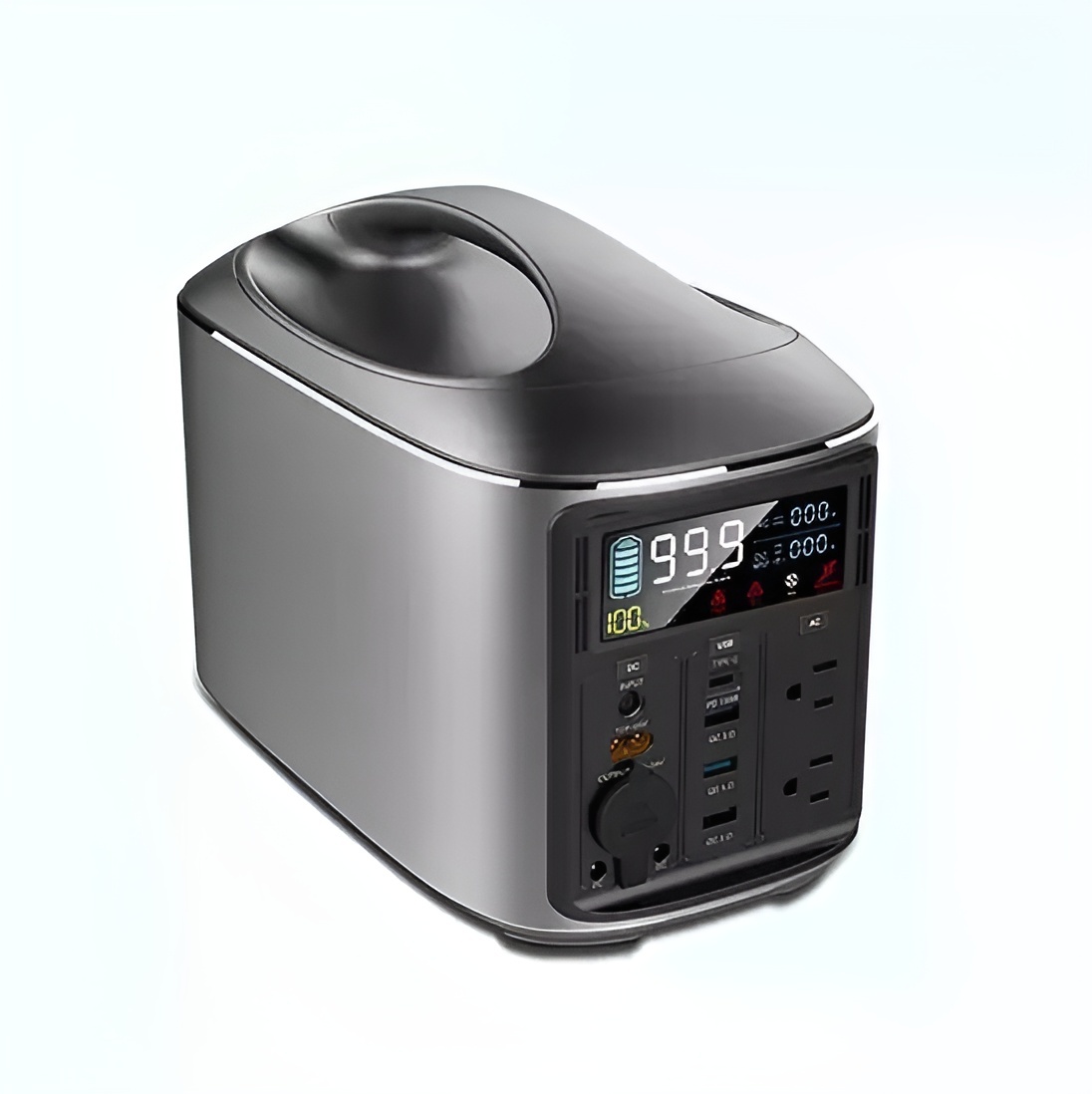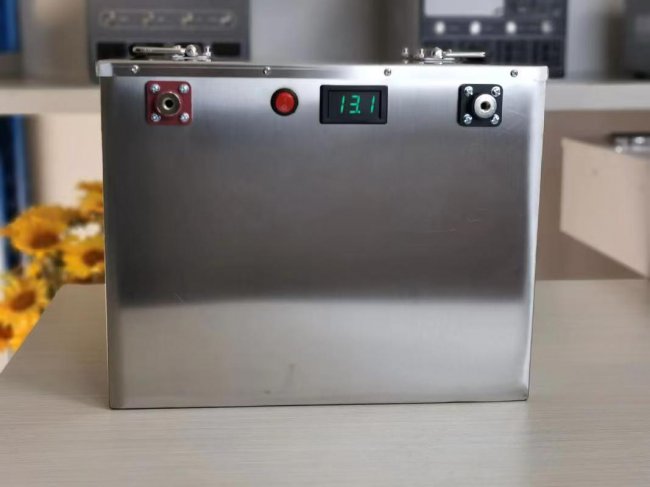U.S. startup unveils highly automated, low-waste solar panel recycling tech
California-based PV Circonomy has launched recycling services for end-of-life (EoL) silicon PV panels based on its proprietary, highly-automated equipment that separates, recovers, and processes PV panel components.
The startup’s material recovery rate is certified by Switzerland-based SGS. “Our recovery equipment was tested by SGS with certification that stated 99.3% recovery rate and currently shows that each panel’s energy consumption for the recovery is at 1 kWh,” Andrew Hung, PV Circonomy CEO, told pv magazine.
“PV Circonomy was established in the United States as the business headquarters. Its primary task is to support California's ban on chemical and thermal treatment regulations and solve the PV panel recycling problem through economic benefits.” Indeed, it is one of only a handful of California businesses approved to recycle and treat PV modules by the state’s Department of Toxic Substance Control.
The company was created by the founders of Taiwan-based TSGC, a National University of Tainan spinoff company that was established in 2022 to commercialize novel recycling technology for EoL silicon solar PV panels.
The recycling line includes the main PV Circulator unit, plus two units to process recycled material, such as ethylene vinyl acetate (EVA) and glass, to a level of purity high enough for repurposing in other industries, along with EasyCycle, its data technology, compliant with blockchain protocols, that provides tamper-proof track and tracing documentation.
The PV Circulator unit has a rated power of 60 kW. It mechanically processes one 60-cell or 72-cell PV panel per minute (1 pc/minute), up to 10,000 tons annually, according to the manufacturer.
It automatically removes the aluminum frames and junction boxes from the panels. The rest of the solar panel materials are milled by layer and cooled by airflow to room temperature to avoid chemical reactions, according to the manufacturer.
The airflow process separates and collects the backsheets, encapsulants and cell materials, preventing the material from mixing. By using airflow processing, the recycled silicon and metals maintain their semiconductor and conductive properties, enabling electrostatic separation for subsequent processing.
The equipment relies on so-called vision artificial intelligence-vision (AI vision) technology and machine learning to scan the panels, identify the make and model based on the company’s database, recognize PV panel components’ form factors, and automatically adjust itself to the tasks without human intervention.
“All PV Circulators are built in a neural network to share optimized experience, preventing duplicate machine learning processes,” said Hung.
The solution includes a glass processing unit to recycle material that meets the ASTM C1866 standard for ground glass pozzolan, a material that can be used to reduce the amount of cement in concrete, according to the company.
An additional EVA recycling machine reportedly integrates a thermosetting polymer de-crosslinking technology to refine the material into a post-consumer recycled (PCR) polymer material at a level of quality high enough for use in shoe soles or yoga mats. The recycled polymer is of superior quality due to the PV industry’s use of EVA materials that are uniform in color and properties, according to Hung.
Looking ahead, the company envisions offering so-called hardware-as-a-service (HaaS) outside of California, leasing the PV Circulator equipment to its partners, as well as decommissioning agencies, or local recyclers. Indeed, the equipment was designed to fit into a standard U.S. 53-foot trailer container for ease of transport and shipping.
Co-locating recycling equipment with decommissioning projects avoids the need to transport EoL PV panels to a distant recycling facility, and potentially reduces costs, according to Hung who added that the company is concurrently seeking other local stakeholders that can use valuable recycled PV panel materials in their products.
PV Circonomy PV panel glass
Customized/OEM/ODM Service
HomSolar Supports Lifepo4 battery pack customization/OEM/ODM service, welcome to contact us and tell us your needs.


HomSolar: Your One-stop LiFePO4 Battery Pack & ESS Solution Manufacturer
Our line of LiFePO4 (LFP) batteries offer a solution to demanding applications that require a lighter weight, longer life, and higher capacity battery. Features include advanced battery management systems (BMS), Bluetooth® communication and active intelligent monitoring.

Customised Lithium Iron Phosphate Battery Casing
ABS plastic housing, aluminium housing, stainless steel housing and iron housing are available, and can also be designed and customised according to your needs.

HomSolar Smart BMS
Intelligent Battery Management System for HomSolar Energy Storage System. Bluetooth, temperature sensor, LCD display, CAN interface, UART interface also available.


Terminals & Plugs Can Be Customized
A wide range of terminals and plugs can be customised to suit the application needs of your battery products.

Well-designed Solutions for Energy Storage Systems
We will design the perfect energy storage system solution according to your needs, so that you can easily solve the specific industry applications of battery products.



About Our Battery Cells
Our energy storage system products use brand new grade A LiFePO4 cells with a battery lifespan of more than 4,000 charge/discharge cycles.



Applications in Different Industries
We supply customized & OEM battery pack, assemble cells with wiring, fuse and plastic cover, all the cell wires connected to PCB plug or built BMS.
Applications: E-bike, Electric Scooter, Golf Carts, RV, Electric Wheelchair, Electric Tools, Robot Cleaner, Robot Sweeper, Solar Energy Storage System, Emergency Light, Solar Power Light, Medical Equipment, UPS Backup Power Supply.
We can provide you with customized services. We have the ability to provide a vertical supply chain, from single cells to pack/module and to a complete power solution with BMS, etc.


HomSolar (Shenzhen) Technology Co., Ltd







